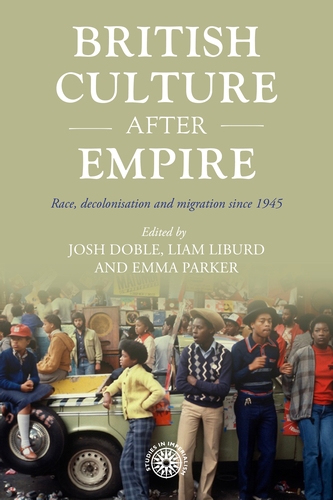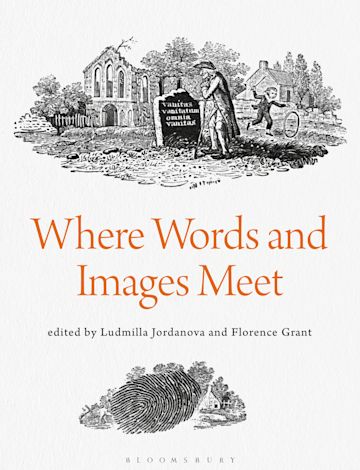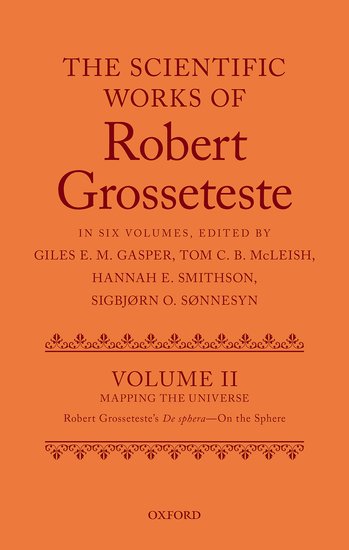History Publications
A selection of our staff publications include:
Daisy Livingston - Managing Paperwork in Mamluk Cairo: Archives, Waqf and Society
Click to find out more...
Talitha Ilacqua - Inventing the Modern Region: Basque Identity and the French Nation-state
Click to find out more...
Chris Bahl - Mobile Manuscripts: Arabic Learning across the Early Modern Western Indian Ocean
Click to find out more...
Tom Hamilton - A Widow's Vengeance after the Wars of Religion: Gender and Justice in Renaissance
Click to find out more...
Radha Kapuria - Music in Colonial Punjab: Courtesans, Bards, and Connoisseurs, 1800-1947
Click to find out more...
Alex Barber - The Restraint of the Press in England, 1660-1715: The Communication of Sin
Click to find out more...
Kay Schiller - Der schnellste Jude Deutschlands“. Alex Natan (1906-1971). Eine Biografie.
Click to find out more...
James Koranyi - Migrating Memories: Romanian Germans in Modern Europe
Click to find out more...
Helen Roche - The Third Reich's Elite Schools: A History of the Napolas
Click to find out more...
Christina Riggs - Treasured: How Tutankhamun Shaped a Century
Click to find out more...
Jonathan Saha - Colonizing Animals: Interspecies Empire in Myanmar
Click to read via Open Access...
Kevin Waite - West of Slavery: The Southern Dream of a Transcontinental Empire
Click to find out more...
Edited Volumes
The Scientific Works of Grosseteste, Volume II. (edited by Giles Gasper et al.,)
Click to learn more...


/prod01/prodbucket01/media/durham-university/departments-/history/77231.jpg)
/prod01/prodbucket01/media/durham-university/departments-/history/9781474492263.jpg)
/prod01/prodbucket01/media/durham-university/departments-/history/9781526169259.jpg)
/prod01/prodbucket01/media/durham-university/departments-/history/9781009359726.jpg)
/prod01/prodbucket01/media/durham-university/departments-/history/9781915249449.jpg)
/prod01/prodbucket01/media/durham-university/departments-/history/Hamilton_T..jpg)
/prod01/prodbucket01/media/durham-university/departments-/history/Kapuria_R..jpg)
/prod01/prodbucket01/media/durham-university/departments-/history/Trombley_J..jpg)
/prod01/prodbucket01/media/durham-university/departments-/history/Barber_A..jpg)
/prod01/prodbucket01/media/durham-university/departments-/history/9783835353176l.png)
/prod01/prodbucket01/media/durham-university/departments-/history/Koranyi_J..jpg)
/prod01/prodbucket01/media/durham-university/departments-/history/Roche_H..jpg)
/prod01/prodbucket01/media/durham-university/departments-/history/Riggs_C..jpg)
/prod01/prodbucket01/media/durham-university/departments-/history/Saha_J..jpg)
/prod01/prodbucket01/media/durham-university/departments-/history/Waite_K..jpg)
/prod01/prodbucket01/media/durham-university/departments-/history/Prokopovych_M..jpg)
/prod01/prodbucket01/media/durham-university/departments-/history/Viermann_N..jpg)
/prod01/prodbucket01/media/durham-university/departments-/history/Lee_J..jpg)
/prod01/prodbucket01/media/durham-university/departments-/history/Liburd_L..jpg)


/prod01/prodbucket01/media/durham-university/departments-/history/A_Barber_Pub.jpg)
/prod01/prodbucket01/media/durham-university/departments-/history/Jordanova_and_Grant.jpg)


/prod01/prodbucket01/media/durham-university/departments-/history/448.jpg)
/prod01/prodbucket01/media/durham-university/departments-/history/9780198805526.jpg)

